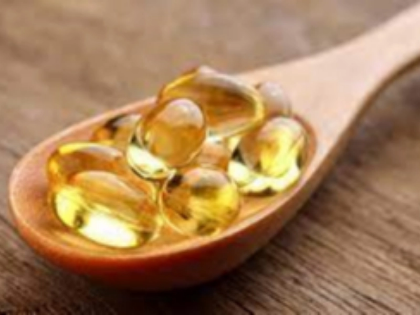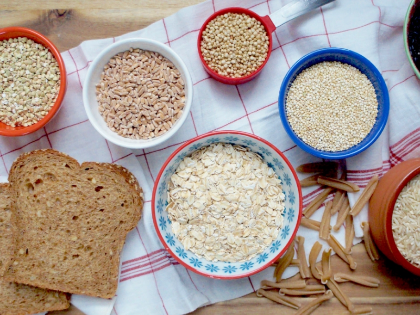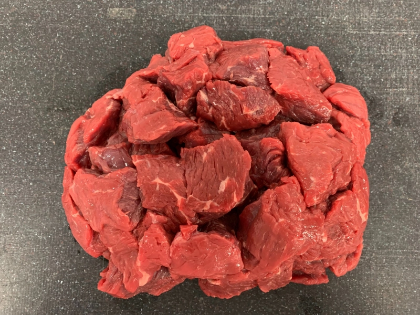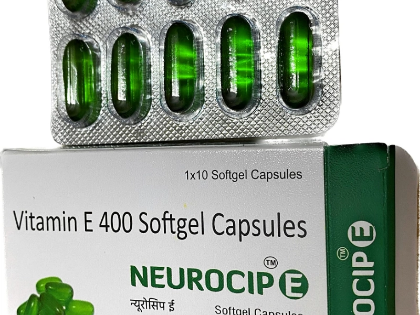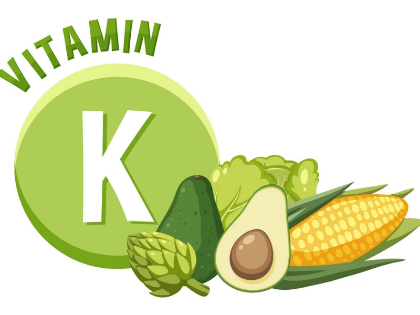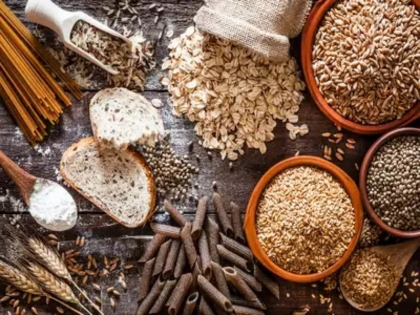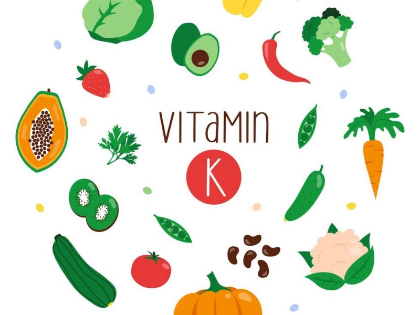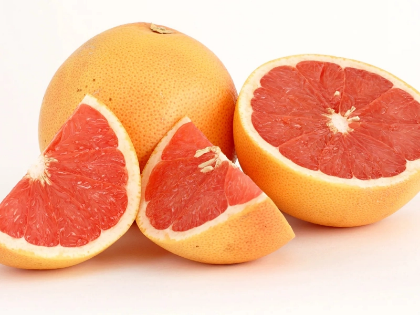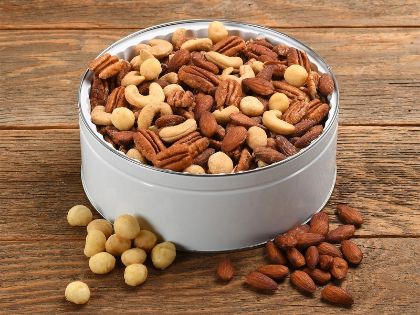Vitamin K for Skin Elasticity: Combating Signs of Aging
Advertisement
1. Knowing Vitamin K

Advertisement
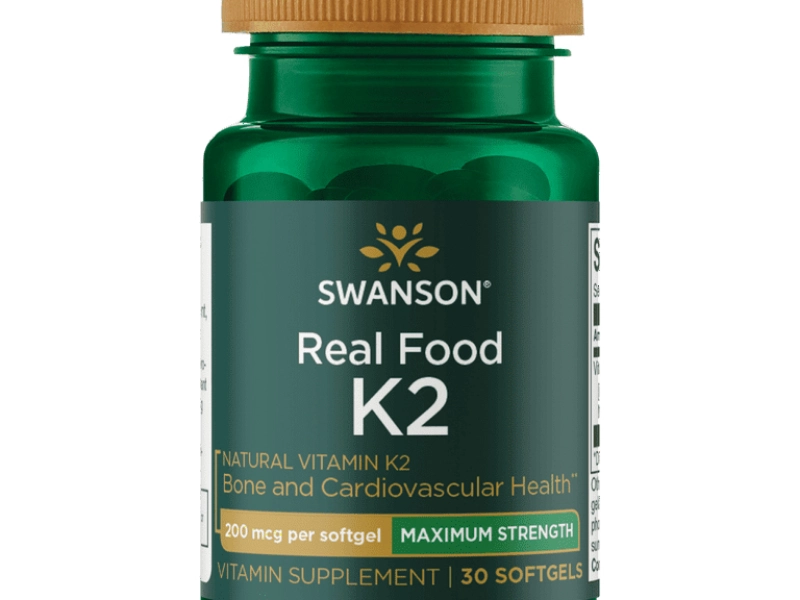 Because vitamin K helps to synthesize proteins that control skin suppleness, it is vital for preserving skin condition. Elastin, which keeps the skin's flexibility and firmness, is one of the main proteins impacted by vitamin K. Furthermore, helping to produce collagen, another essential protein giving the skin stability and structure, is vitamin K. Maintaining the young look of their skin and fighting the obvious consequences of aging depend on people maintaining sufficient levels of vitamin K.
3. How Does Vitamin K Increase the Elasticity of Skin?
Because vitamin K helps to synthesize proteins that control skin suppleness, it is vital for preserving skin condition. Elastin, which keeps the skin's flexibility and firmness, is one of the main proteins impacted by vitamin K. Furthermore, helping to produce collagen, another essential protein giving the skin stability and structure, is vitamin K. Maintaining the young look of their skin and fighting the obvious consequences of aging depend on people maintaining sufficient levels of vitamin K.
3. How Does Vitamin K Increase the Elasticity of Skin?
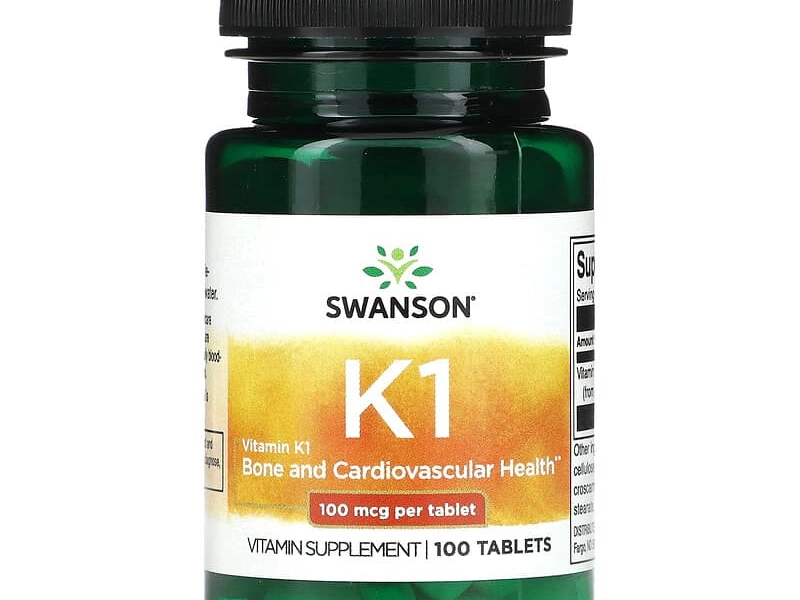 Natural decreases in elastin and collagen as we age cause skin elasticity to drop as well. Vitamin K has been demonstrated to increase the synthesis of these proteins, therefore restoring the resilience and firmness of the skin. Furthermore, anti-inflammatory qualities of vitamin K help to lower redness and inflammation, so promoting more even skin tone. Any anti-aging skincare product should include vitamin K since it helps reduce the appearance of fine lines and wrinkles by improving skin suppleness.
4. Vitamin K Dietary Sources
Natural decreases in elastin and collagen as we age cause skin elasticity to drop as well. Vitamin K has been demonstrated to increase the synthesis of these proteins, therefore restoring the resilience and firmness of the skin. Furthermore, anti-inflammatory qualities of vitamin K help to lower redness and inflammation, so promoting more even skin tone. Any anti-aging skincare product should include vitamin K since it helps reduce the appearance of fine lines and wrinkles by improving skin suppleness.
4. Vitamin K Dietary Sources
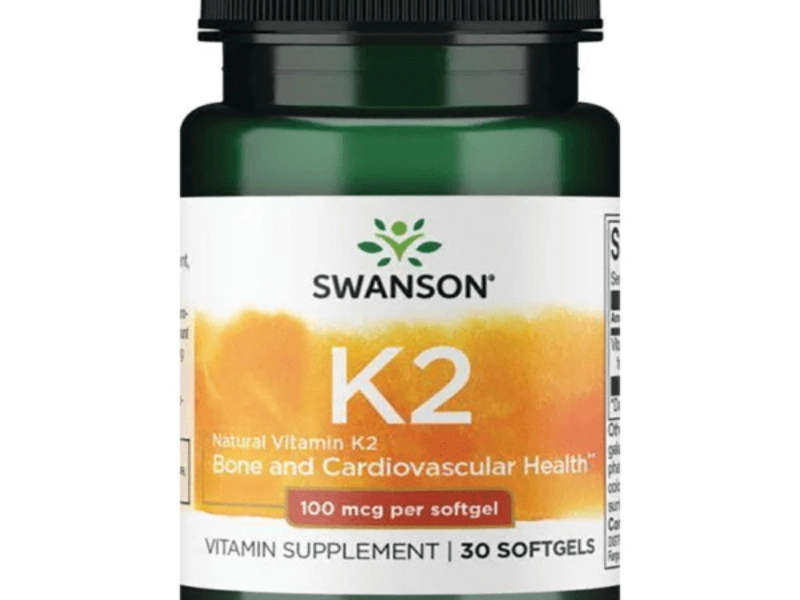 One of the best ways to boost skin health from the inside is to include vitamin K in your diet. Excellent sources of vitamin K1—the most often occurring vitamin—are leafy green foods, including kale, spinach, and broccoli. Furthermore, vitamin K2, found in fermented foods such as certain cheeses and natto, is helpful for skin health. Your total vitamin K consumption can be supplemented by nuts, seeds, and vegetable oils. Including a range of these items in your diet will help you to guarantee adequate vitamin K to support general well-being and skin flexibility.
5. Topical Vitamin K Use:
One of the best ways to boost skin health from the inside is to include vitamin K in your diet. Excellent sources of vitamin K1—the most often occurring vitamin—are leafy green foods, including kale, spinach, and broccoli. Furthermore, vitamin K2, found in fermented foods such as certain cheeses and natto, is helpful for skin health. Your total vitamin K consumption can be supplemented by nuts, seeds, and vegetable oils. Including a range of these items in your diet will help you to guarantee adequate vitamin K to support general well-being and skin flexibility.
5. Topical Vitamin K Use:
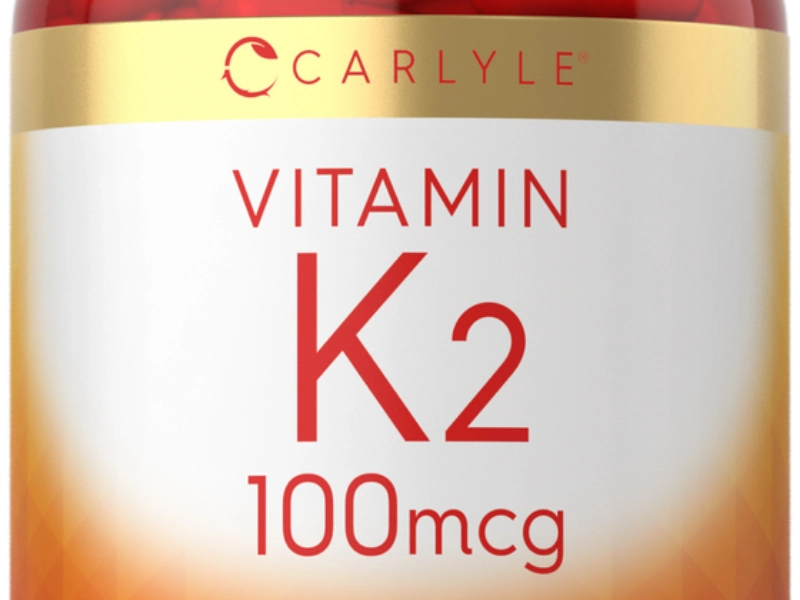 Apart from food sources, vitamin K exists in topical skincare products. Vitamin K-containing creams and serums are meant to pierce the skin and straightly target the relevant places. These products encourage general skin suppleness and assist to lessen the look of redness, bruising, and dark circles. To maximize a topical medication, seek formulations combining vitamin K with other helpful components like hyaluronic acid or peptides.
6. The Synergistic Actions of Vitamin K Combined with Other Nutrients
Apart from food sources, vitamin K exists in topical skincare products. Vitamin K-containing creams and serums are meant to pierce the skin and straightly target the relevant places. These products encourage general skin suppleness and assist to lessen the look of redness, bruising, and dark circles. To maximize a topical medication, seek formulations combining vitamin K with other helpful components like hyaluronic acid or peptides.
6. The Synergistic Actions of Vitamin K Combined with Other Nutrients
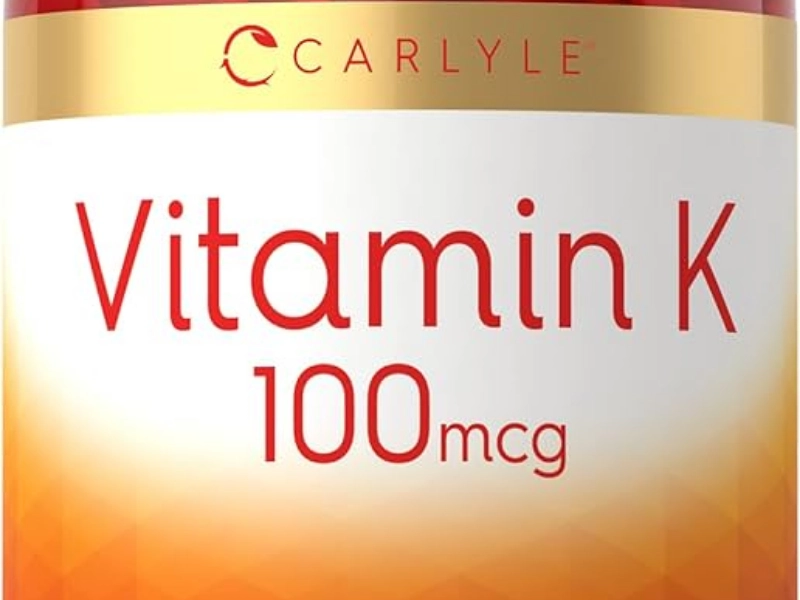 Working in concert with other vitamins and minerals, vitamin K supports skin health. For example, collagen formation depends on vitamin C; hence, paired with vitamin K, it might improve skin elasticity even more. Likewise, whilst complementing the actions of vitamin K, vitamin E—known for its antioxidant qualities—can guard the skin against oxidative stress. Including a variety of nutrients in your diet will offer complete help for skin health and suppleness.
7. Lifestyle Factors Affecting Elasticity of Skin
Working in concert with other vitamins and minerals, vitamin K supports skin health. For example, collagen formation depends on vitamin C; hence, paired with vitamin K, it might improve skin elasticity even more. Likewise, whilst complementing the actions of vitamin K, vitamin E—known for its antioxidant qualities—can guard the skin against oxidative stress. Including a variety of nutrients in your diet will offer complete help for skin health and suppleness.
7. Lifestyle Factors Affecting Elasticity of Skin
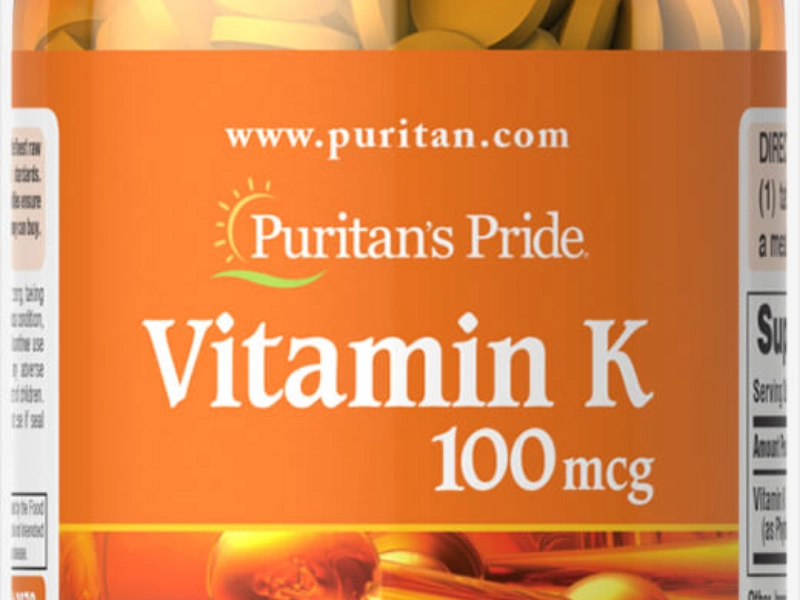 Although vitamin K is very important for preserving skin suppleness, lifestyle choices can help to age skin. Sun exposure, smoking, and poor diet can hasten elasticity loss and cause early aging. Using sunscreen to guard your skin from damaging UV rays, avoiding smoking, and keeping a balanced diet high in antioxidants and vitamins—including vitamin K—can help to lessen these consequences. Using a complete skincare regimen will help you maximize vitamin K's advantages and encourage more robust, healthy skin.
8. Consistency: Its Value
Although vitamin K is very important for preserving skin suppleness, lifestyle choices can help to age skin. Sun exposure, smoking, and poor diet can hasten elasticity loss and cause early aging. Using sunscreen to guard your skin from damaging UV rays, avoiding smoking, and keeping a balanced diet high in antioxidants and vitamins—including vitamin K—can help to lessen these consequences. Using a complete skincare regimen will help you maximize vitamin K's advantages and encourage more robust, healthy skin.
8. Consistency: Its Value
 Consistency is essential if one wants to fully enjoy vitamin K for skin suppleness. Maintaining vitamin K's levels in the body and getting long-lasting effects depend on consistent intake of vitamin K via food sources or topical treatments. Add foods high in vitamin K to your regular diet and think about routinely utilizing topical solutions for the best skin condition. Skin texture, firmness, and general look could all improve with time.
9. Possible Negative Effects and Considerations
Consistency is essential if one wants to fully enjoy vitamin K for skin suppleness. Maintaining vitamin K's levels in the body and getting long-lasting effects depend on consistent intake of vitamin K via food sources or topical treatments. Add foods high in vitamin K to your regular diet and think about routinely utilizing topical solutions for the best skin condition. Skin texture, firmness, and general look could all improve with time.
9. Possible Negative Effects and Considerations
 Although most people find vitamin K to be generally safe, one should take careful consideration of possible interactions with other drugs, especially blood thinners. See your doctor if you take drugs that interfere with blood coagulation before greatly raising your vitamin K dose. Those who have allergies to particular components in topical treatments should also do a patch test before use. Knowing these factors will assist you in safely including vitamin K in your beauty regimen.
10. Review of Vitamin K's advantages for the elasticity of the skin
Although most people find vitamin K to be generally safe, one should take careful consideration of possible interactions with other drugs, especially blood thinners. See your doctor if you take drugs that interfere with blood coagulation before greatly raising your vitamin K dose. Those who have allergies to particular components in topical treatments should also do a patch test before use. Knowing these factors will assist you in safely including vitamin K in your beauty regimen.
10. Review of Vitamin K's advantages for the elasticity of the skin
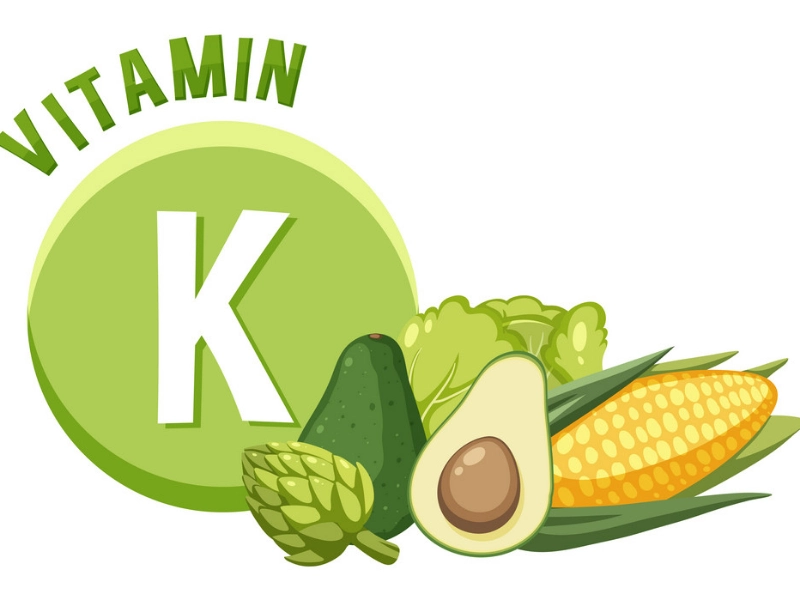 One essential vitamin that helps much to promote skin suppleness and fight aging symptoms is vitamin K. Vitamin K maintains skin's resilience and firmness by helping elastin and collagen be produced. Adding foods high in vitamin K to your diet, applying topical treatments, and approaching skincare holistically will help to maximize its effects. Giving vitamin K top priority in your diet and skincare will help you to get younger, more healthy skin.
One essential vitamin that helps much to promote skin suppleness and fight aging symptoms is vitamin K. Vitamin K maintains skin's resilience and firmness by helping elastin and collagen be produced. Adding foods high in vitamin K to your diet, applying topical treatments, and approaching skincare holistically will help to maximize its effects. Giving vitamin K top priority in your diet and skincare will help you to get younger, more healthy skin.
Advertisement
Advertisement
